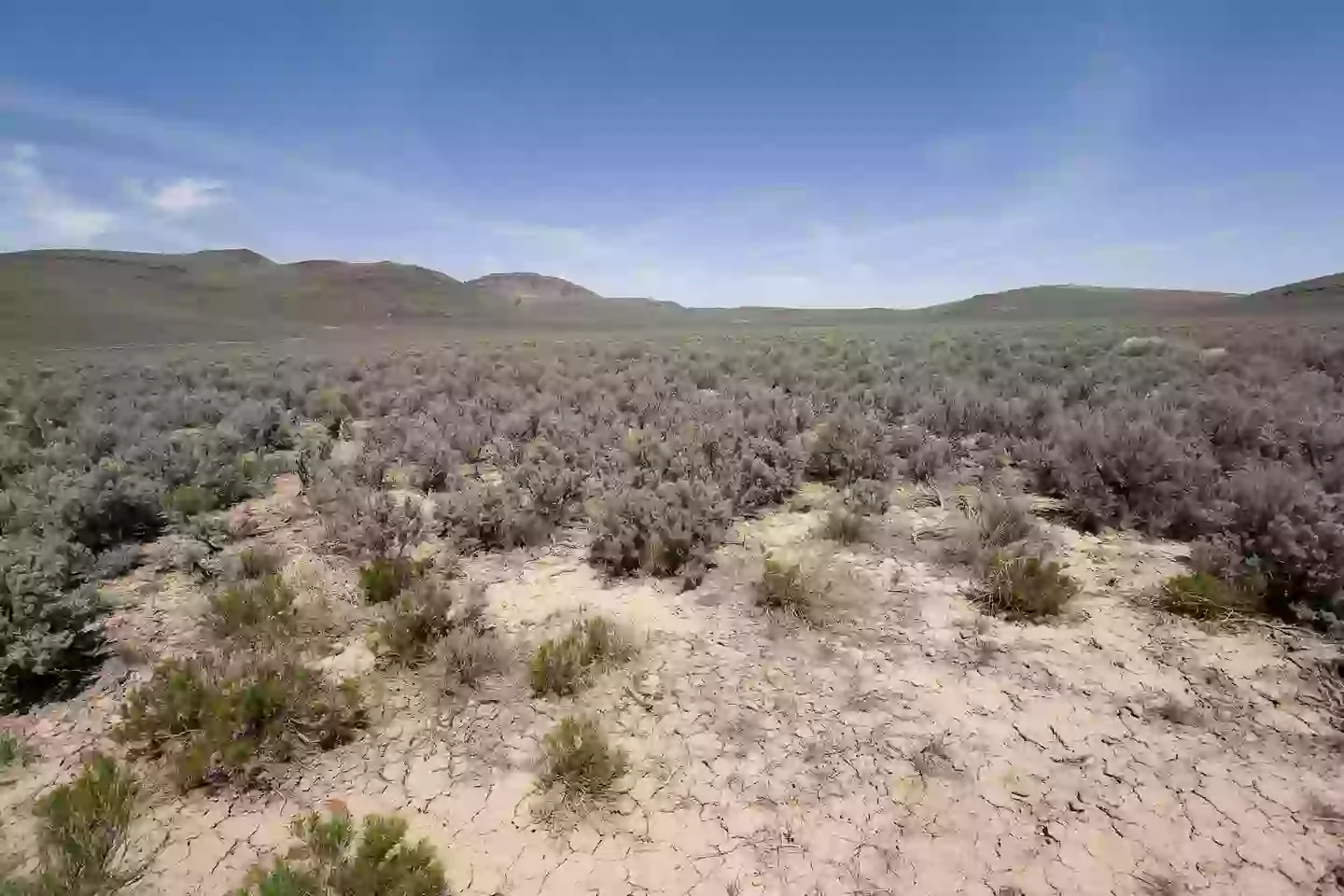A massive deposit of a mineral essential to Tesla’s manufacturing process has been uncovered in a U.S. state, valued at over a trillion dollars.
The discovery could potentially yield around $1.5 trillion for the government, an amount that represents about four percent of the U.S. national debt, currently standing at $36 trillion. However, this finding raises ethical concerns.
An estimated 40 million metric tons of lithium might be present, and extracting this amount could severely impact local ecosystems, including the habitat of the sage-grouse, a bird species that has seen significant population declines.
The lithium reserve, often dubbed ‘white gold’ due to its worth and appearance, was identified in the McDermitt Caldera, stretching from southeastern Oregon to northern Nevada.
Lithium is a highly valuable element, utilized in treating bipolar disorder and crucial for battery production. The reserve in McDermitt Caldera is so extensive that it could potentially supply enough lithium for around 600 million Teslas.

Understanding what a caldera is, helps contextualize this find. Unlike the typical cone-shaped volcanoes, calderas are marked by wide depressions, yet they still hold significant power.
Though the McDermitt Caldera is not currently active, it’s classified as a supervolcano that formed approximately 16 million years ago. Situated in the high desert, there are substantial concerns regarding its potential impact on the landscape, particularly given its significance for electric vehicle batteries, which drives the push for mining.

Nevada has already approved what could become North America’s largest lithium mine on its side of the caldera. Meanwhile, Oregon is still deliberating its decision.
“We need to do this the Oregon way – with full accountability and shared benefits,” stated Greg Smith, director of economic development in Malheur County.
The Oregon Chapter of the Sierra Club emphasizes the need to protect the delicate habitats in the region, although they advocate for cleaner energy, which lithium offers over fossil fuels.
Concerns also exist regarding potential disruptions to local water sources, but Malheur County anticipates economic benefits, including job creation, should mining proceed on the Oregon side of the caldera.
However, moving forward with the mining operations could provoke opposition from indigenous tribes in the area, who have already expressed disapproval, emphasizing the land’s cultural and ceremonial significance.

